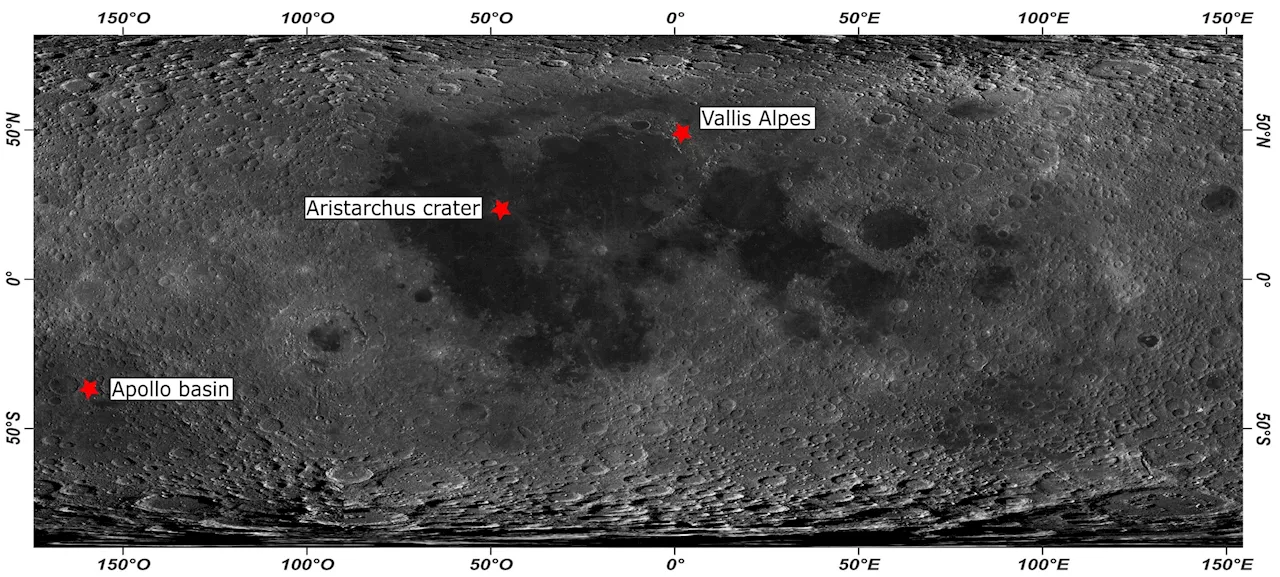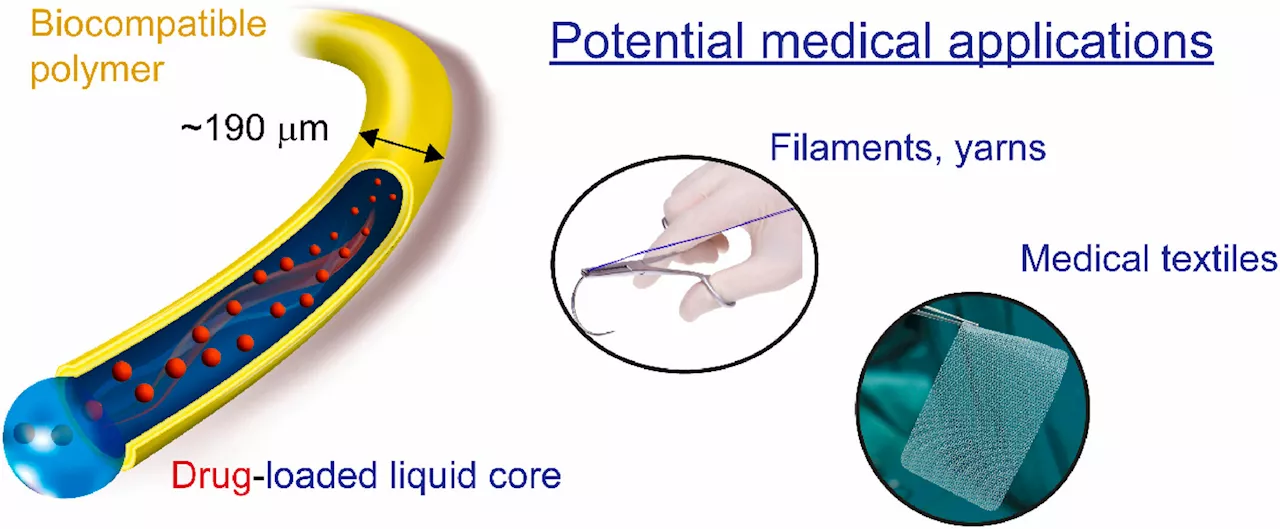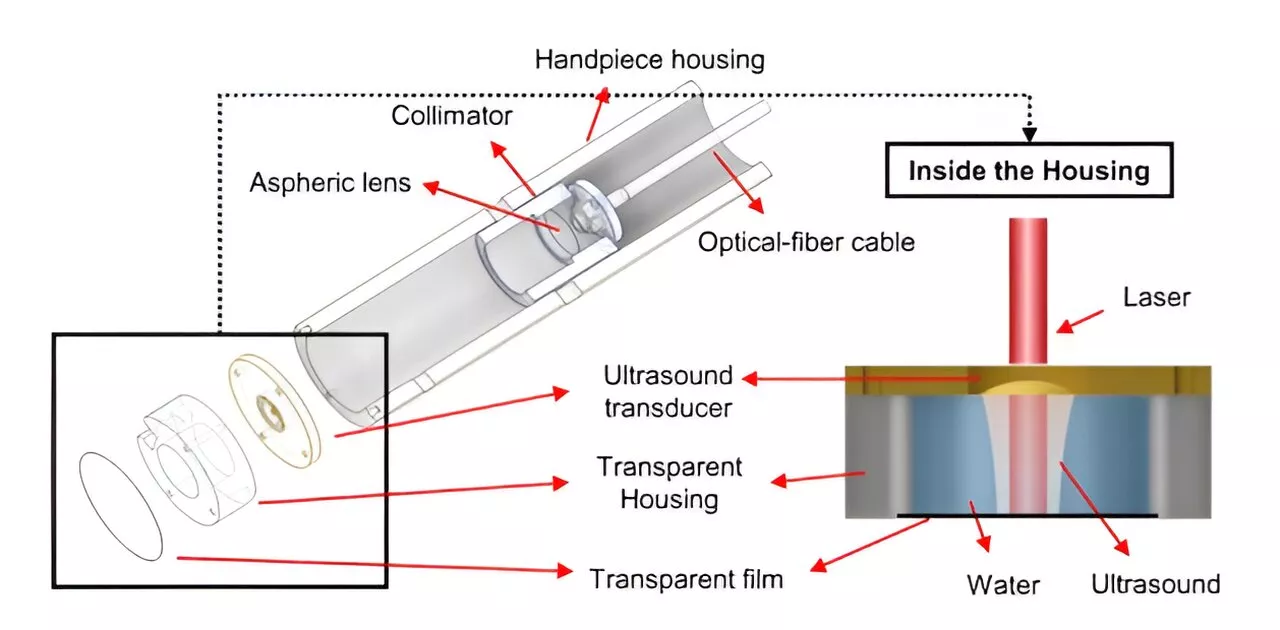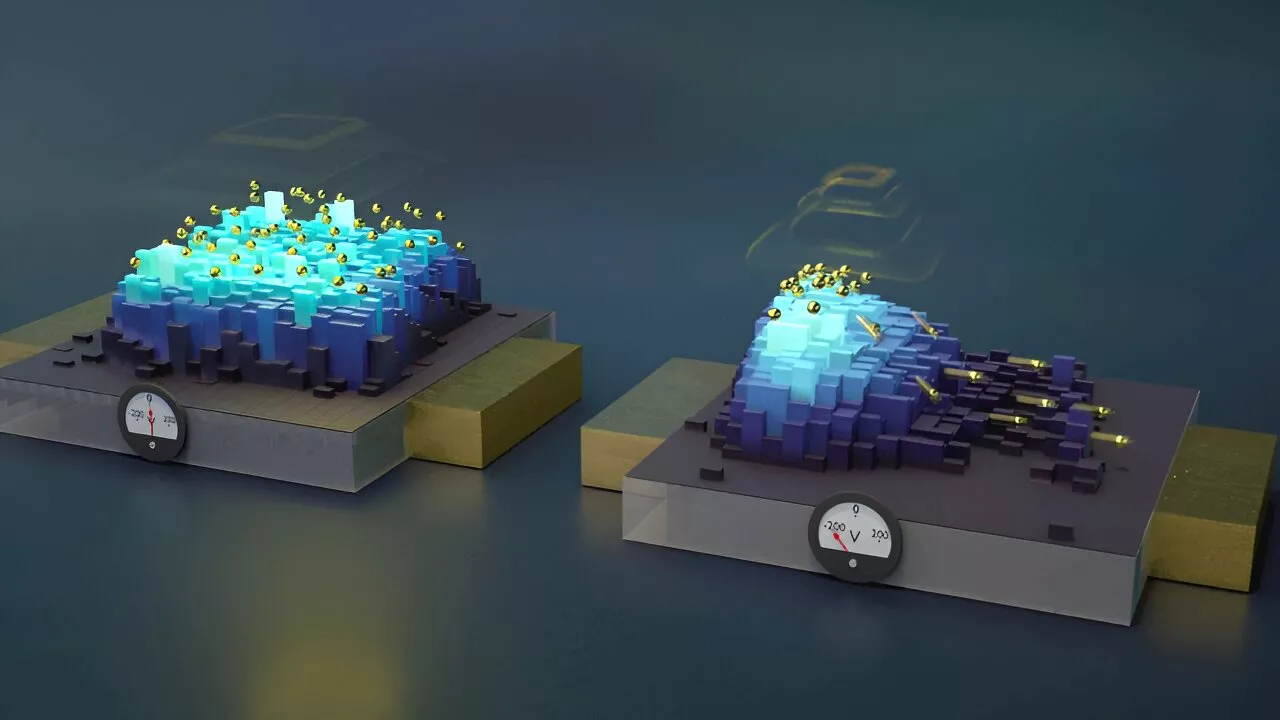Researchers develop new camera technology that detects whether a driver is impaired by alcohol when they get behind the wheel of a vehicle.
Researchers have created new camera technology that can detect whether a driver is impaired by alcohol when they get behind the wheel of a vehicle.
The researchers started by having 60 volunteers use an indoor driving simulator while a conventional RGB video camera recorded footage of their faces. Each person drove at three successive levels of intoxication: Sober, Low, and Severe. According to the team’s research, the camera system was able to classify alcohol intoxication levels with an overall accuracy of 75% for the three levels of classification.
“Our system has the capability to identify intoxication levels at the beginning of a drive, allowing for the potential prevention of impaired drivers from being on the road. This sets it apart from methods reliant on observable driving behaviors, which require extended active vehicle operation to identify impairment.” Edith Cowan University PhD student Ensiyeh Keshtkaran
United States Latest News, United States Headlines
Similar News:You can also read news stories similar to this one that we have collected from other news sources.
 Researchers develop MoonIndex, open-source software that allows study of lunar surfaceWith MoonIndex, researchers from Constructor University and the National Institute of Astrophysics in Italy have developed an open-source software that for the first time gives scientists access to a free tool that creates science-ready products from the Moon Mineralogy Mapper (M3) to study the composition of the lunar surface.
Researchers develop MoonIndex, open-source software that allows study of lunar surfaceWith MoonIndex, researchers from Constructor University and the National Institute of Astrophysics in Italy have developed an open-source software that for the first time gives scientists access to a free tool that creates science-ready products from the Moon Mineralogy Mapper (M3) to study the composition of the lunar surface.
Read more »
 Researchers develop polymer fibers that can facilitate controlled, local drug deliveryMedical products such as ointments or syringes reach their limits when it comes to delivering medication locally—and above all in a controlled manner over a longer period of time. Empa researchers are therefore developing polymer fibers that can deliver active ingredients precisely over the long term.
Researchers develop polymer fibers that can facilitate controlled, local drug deliveryMedical products such as ointments or syringes reach their limits when it comes to delivering medication locally—and above all in a controlled manner over a longer period of time. Empa researchers are therefore developing polymer fibers that can deliver active ingredients precisely over the long term.
Read more »
 New paradigm in photothermal therapy: Researchers develop ultrasound-assisted photothermal therapy technologyProfessor Jin-ho Chang's research team from the Department of Electrical Engineering and Computer Science at DGIST has developed 'Ultrasound-assisted photothermal therapy (ULTRA-PTT)' technology that significantly enhances the performance of conventional photothermal therapy. The findings of the study were published in Advanced Optical Materials.
New paradigm in photothermal therapy: Researchers develop ultrasound-assisted photothermal therapy technologyProfessor Jin-ho Chang's research team from the Department of Electrical Engineering and Computer Science at DGIST has developed 'Ultrasound-assisted photothermal therapy (ULTRA-PTT)' technology that significantly enhances the performance of conventional photothermal therapy. The findings of the study were published in Advanced Optical Materials.
Read more »
 Researchers develop tuneable anti-counterfeiting materialCounterfeiters are becoming increasingly more sophisticated in forging everything from diplomas and currency to medications and artwork. While protective measures such as luminescent markings (which glow under ultraviolet light) have been around for a while, forgers have figured out how to exploit the weaknesses in these techniques.
Researchers develop tuneable anti-counterfeiting materialCounterfeiters are becoming increasingly more sophisticated in forging everything from diplomas and currency to medications and artwork. While protective measures such as luminescent markings (which glow under ultraviolet light) have been around for a while, forgers have figured out how to exploit the weaknesses in these techniques.
Read more »
 Researchers develop RNA-targeting technology for precisely manipulating parts of human genesResearchers at the University of Toronto have harnessed a bacterial immune defense system, known as CRISPR, to efficiently and precisely control the process of RNA splicing.
Researchers develop RNA-targeting technology for precisely manipulating parts of human genesResearchers at the University of Toronto have harnessed a bacterial immune defense system, known as CRISPR, to efficiently and precisely control the process of RNA splicing.
Read more »
 Researchers develop platform to probe, control qubits in silicon for quantum networksThe quantum internet would be a lot easier to build if we could use existing telecommunications technologies and infrastructure. Over the past few years, researchers have discovered defects in silicon—a ubiquitous semiconductor material—that could be used to send and store quantum information over widely used telecommunications wavelengths.
Researchers develop platform to probe, control qubits in silicon for quantum networksThe quantum internet would be a lot easier to build if we could use existing telecommunications technologies and infrastructure. Over the past few years, researchers have discovered defects in silicon—a ubiquitous semiconductor material—that could be used to send and store quantum information over widely used telecommunications wavelengths.
Read more »
